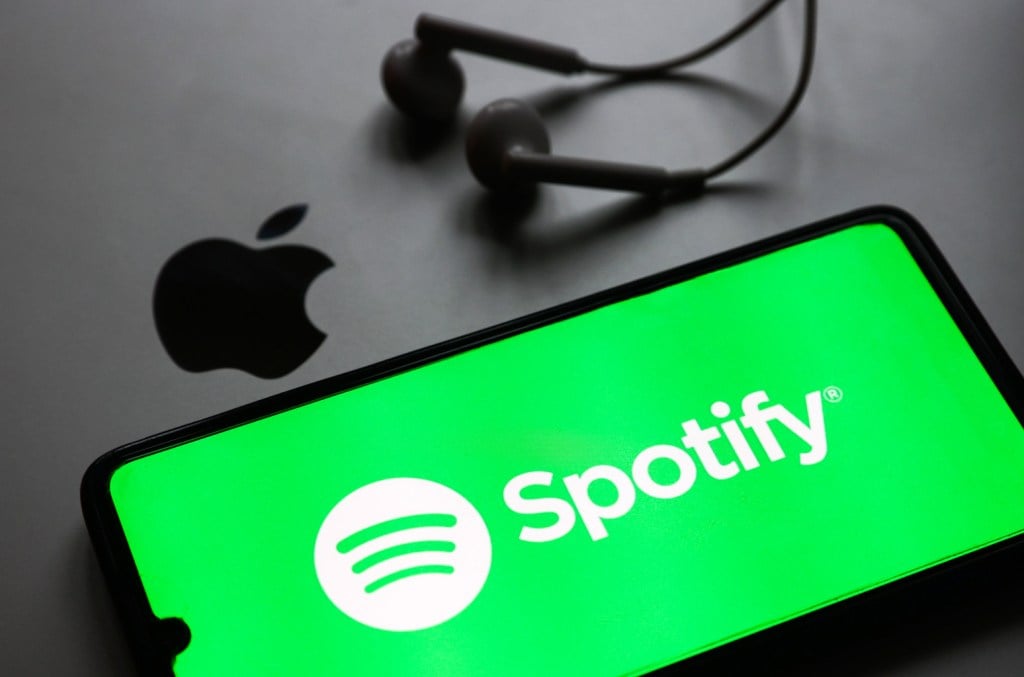When Bloomberg reported that Spotify would be upping the cost of its premium subscription from $9.99 to $10.99, and including 15 hours of audiobooks per month in the U.S., the change sounded like a win for songwriters and publishers. Higher subscription prices typically equate to a bump in U.S. mechanical royalties — but not this time.
By adding audiobooks into Spotify’s premium tier, the streaming service now claims it qualifies to pay a discounted “bundle” rate to songwriters for premium streams, given Spotify now has to pay licensing for both books and music from the same price tag — which will only be a dollar higher than when music was the only premium offering. Additionally, Spotify will reclassify its duo and family subscription plans as bundles as well.



Metallica, Dr Dre, et al were not wrong in suing Napster. We’re seeing the fruits of the evolution of that format. I guess at least people aren’t downloading “Get Back ft Stevie Wonder - Oasis.wma” anymore, and somebody is making money off of it. Just (mostly) not the artists that make the music.
Low cost, distributed digital distribution is absolutely a thing. Phones have enormous storage anymore, so much so most people could have their entire music collections available on their phones or tablets - not everyone - but most people.
A distributed streaming platform would really be the way to do this and make it cost effective for everybody. An app that could stream from a list of sources (remember playlists? M3U files that could play from multiple Internet locations - yeah, that already exists and has since before 2000) would enable people to stream the music they haven’t found yet or are searching for.
Seems like an interesting open source software project, to be honest. Funkwhale is probably a good basis for extension, and could be run by the artists (or provided to then via a simple click to setup platform) for low overhead.